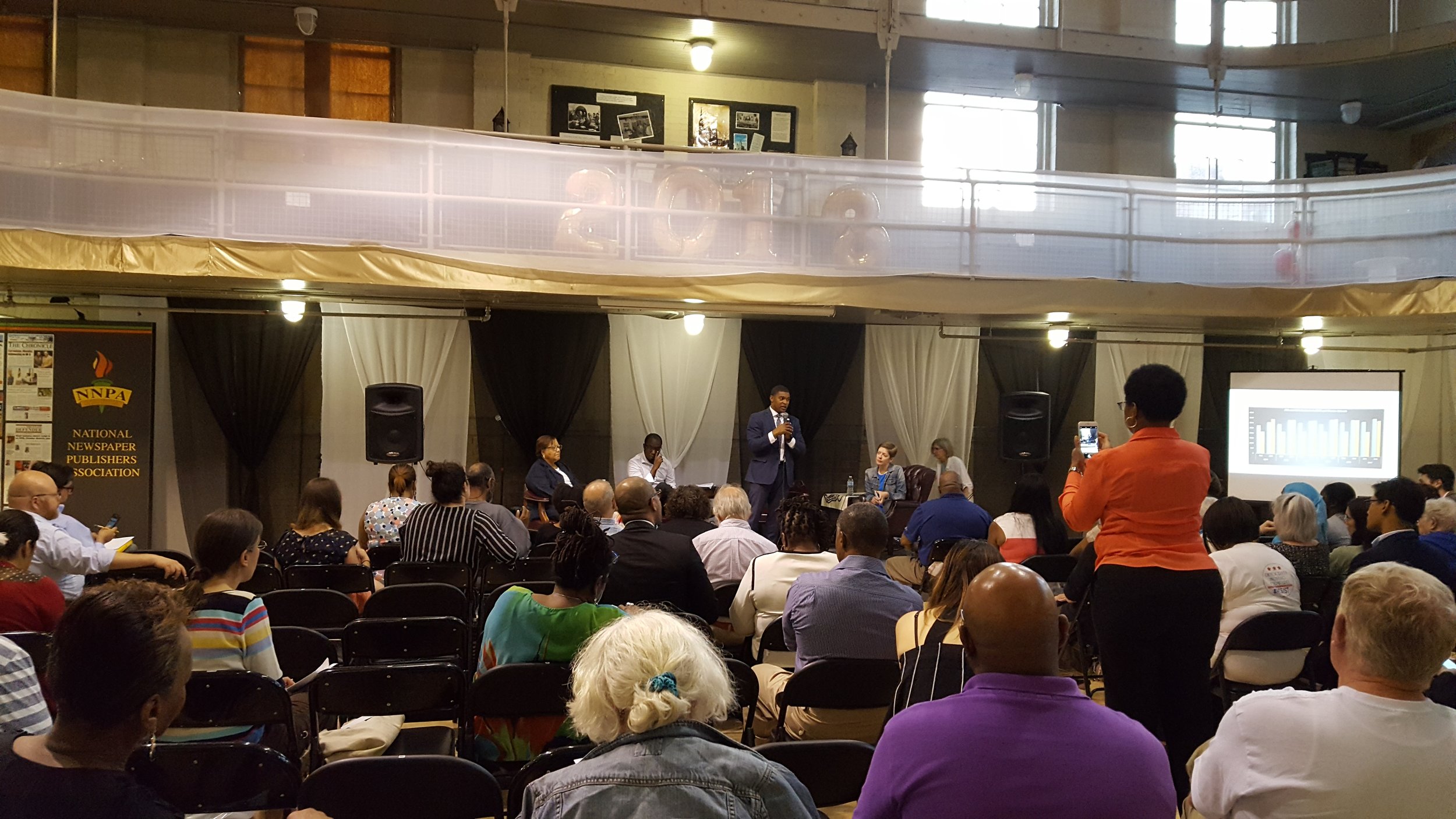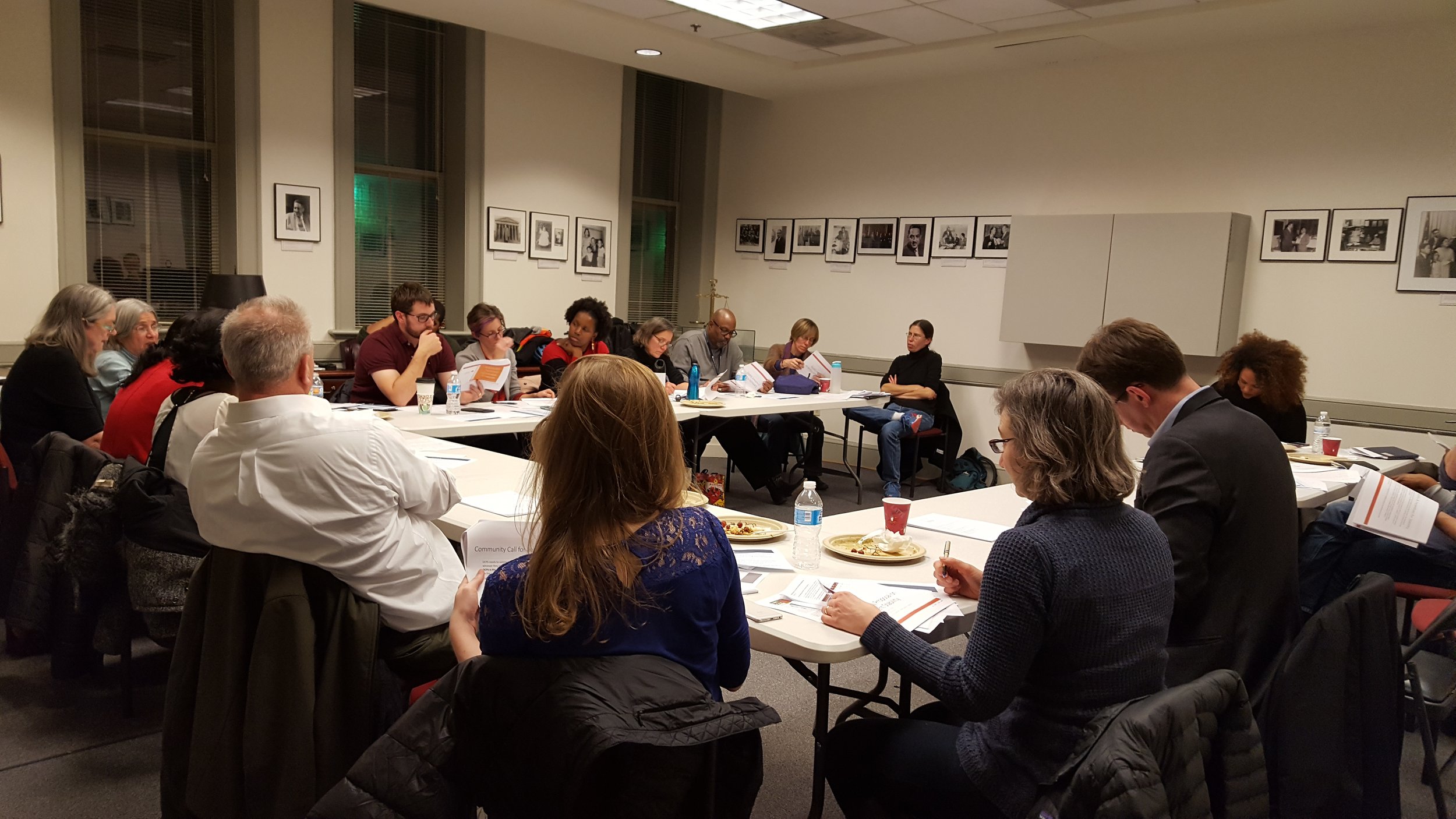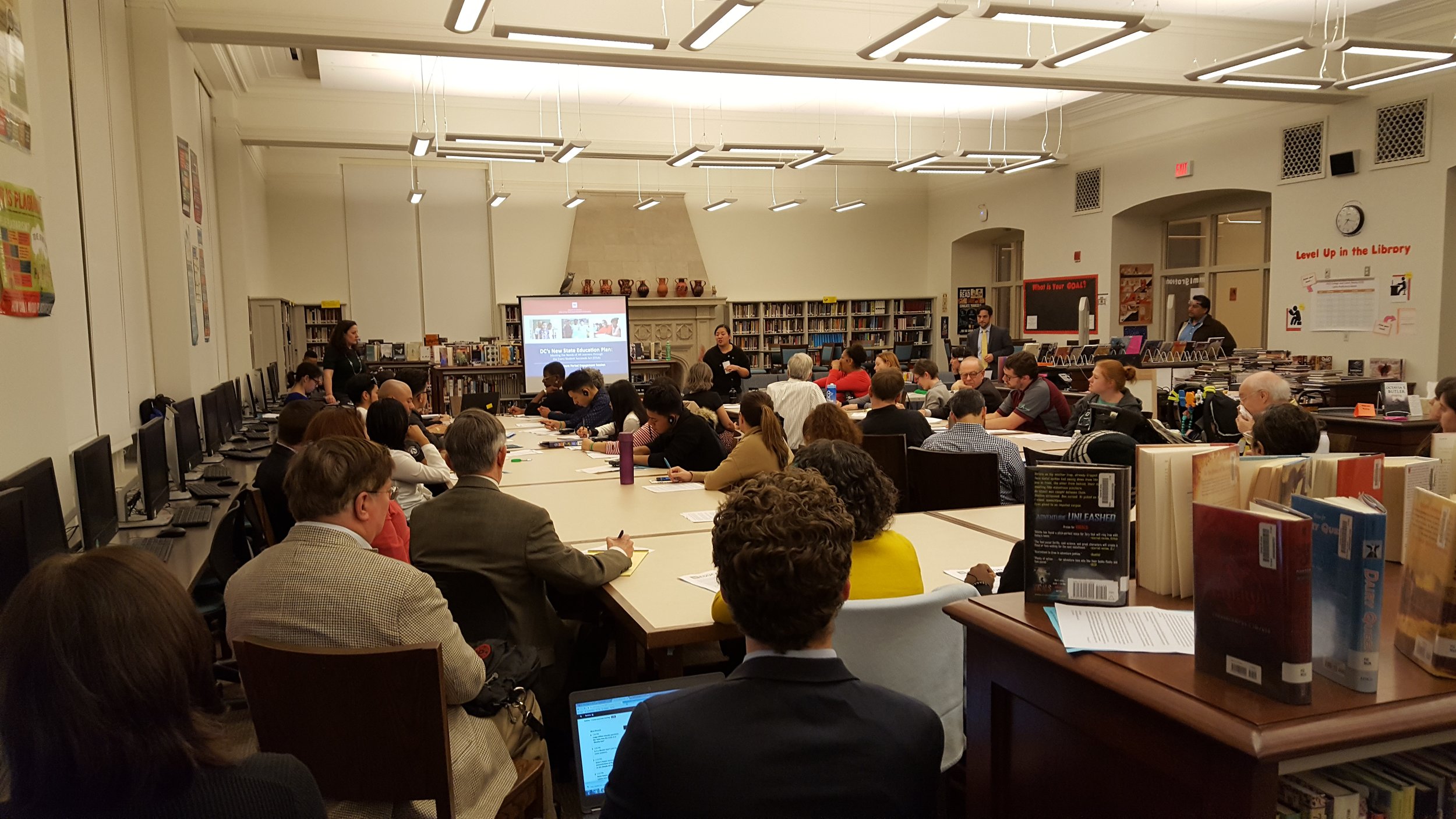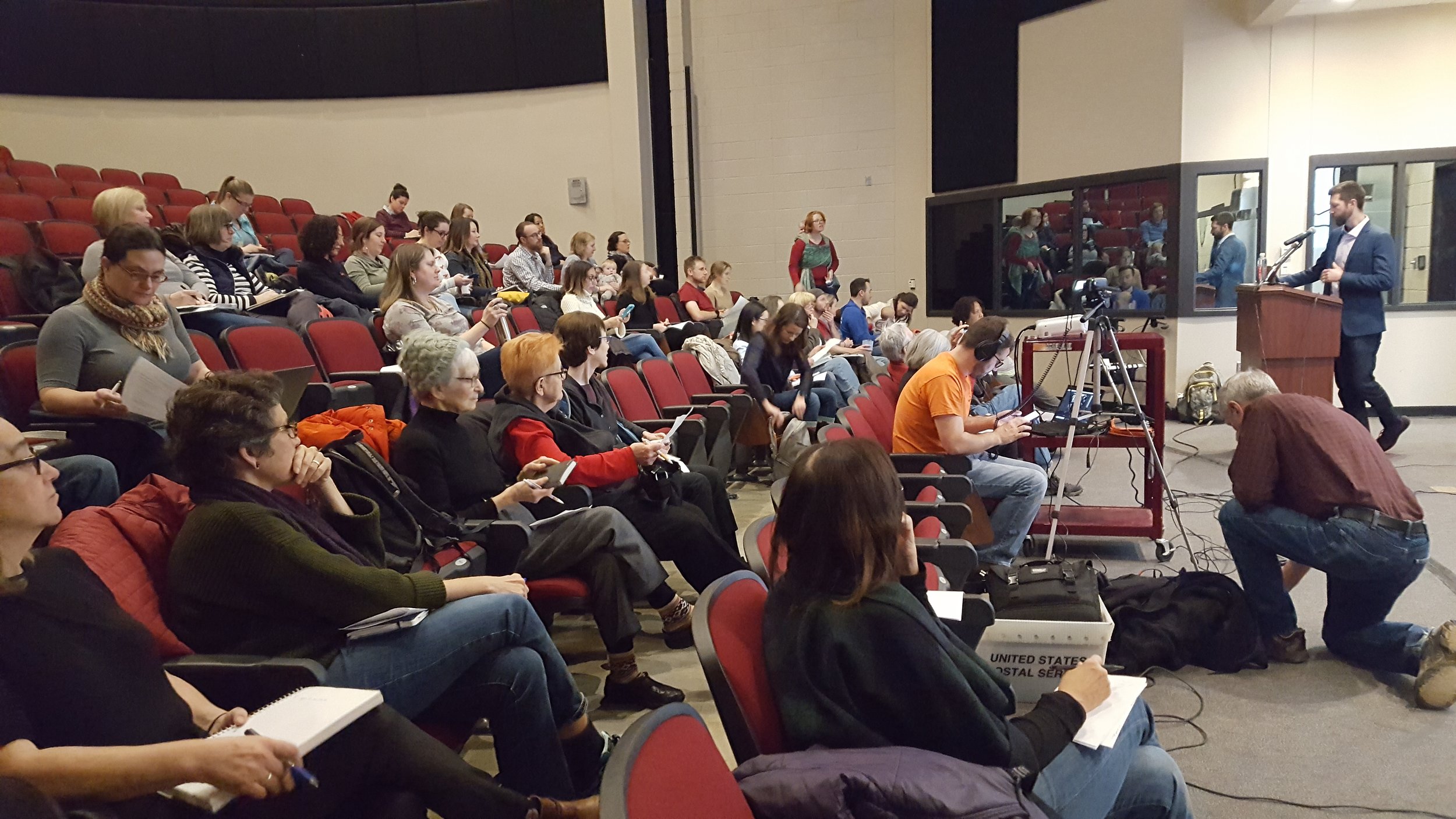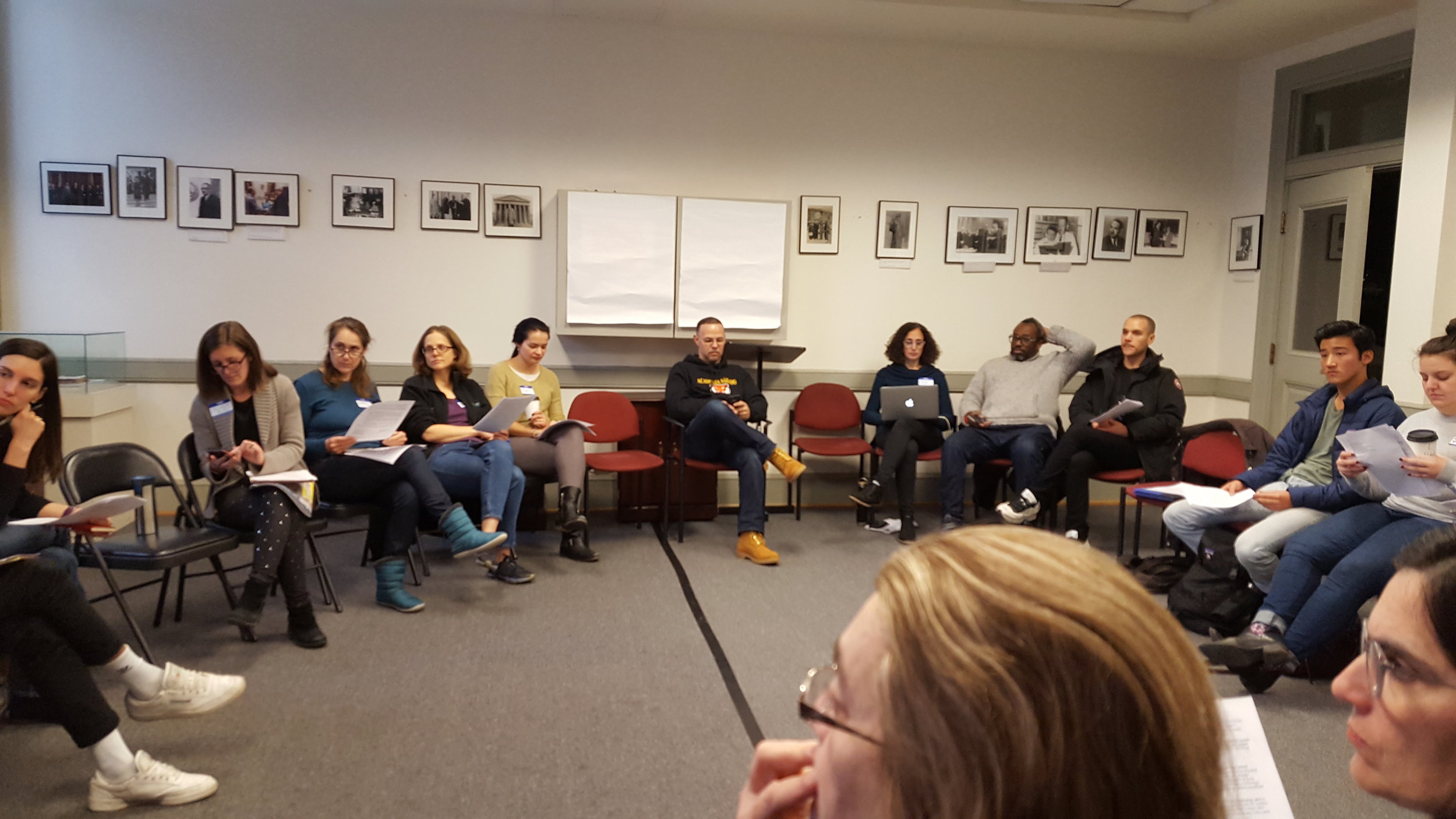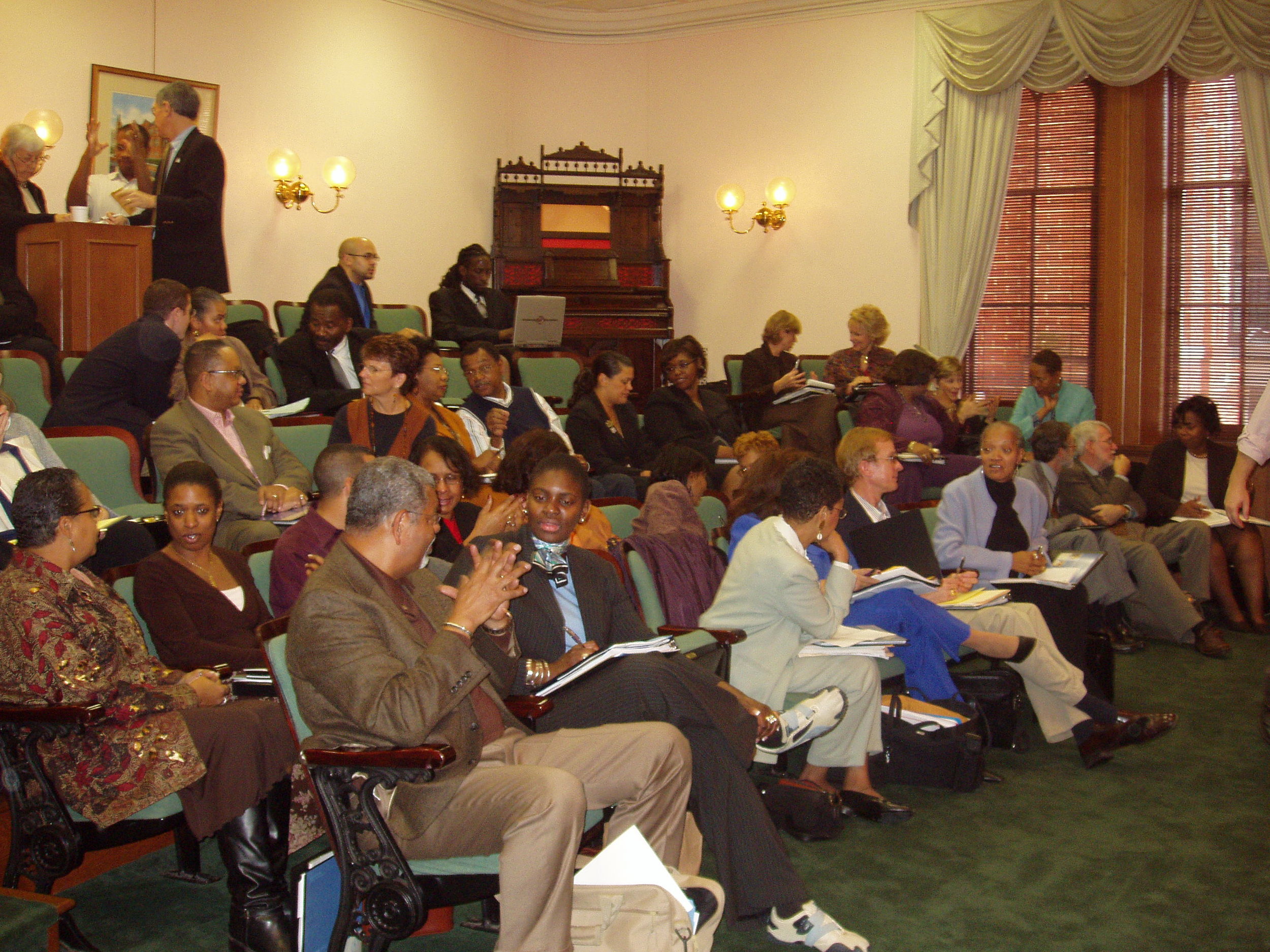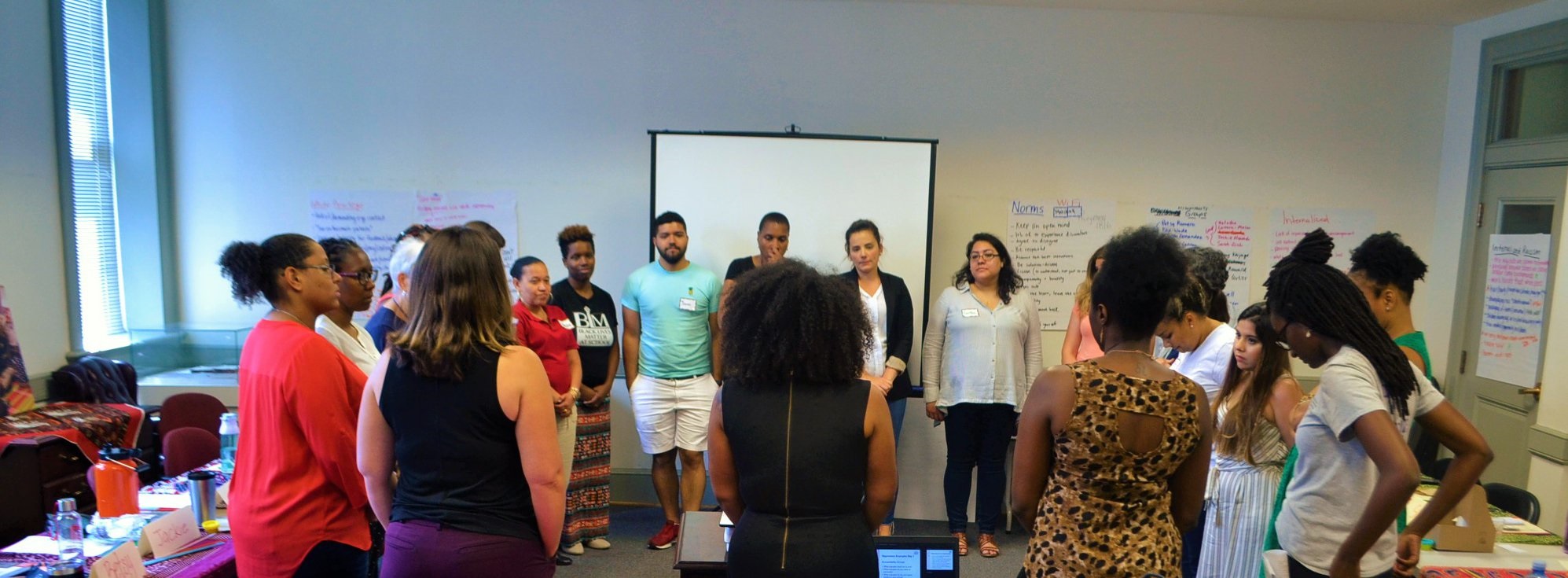Mary Levy: Bill 24-570 “Schools First in Budgeting Amendment Act of 2021” and Bill 24-571 “Schools Full Budgeting Amendment Act of 2021”
/Mary Levy January 20, 2022
Thank you for introducing these bills. I have worked on the methodology and analyzed DCPS local school budgets for about 25 years. DCPS’ current system has multiple flaws and inequities. These bills do not purport to address them, nor do they address concerns about general underfunding, but that is all right. The sources of the inequities and insufficiencies are complex, and one cannot expect to solve all problems at once in one piece of legislation.
What the bills do seek, in a meaningful way, is to address the funding instabilities that have plagued schools for years. I have prepared simulations of the effect of both bills with the only data currently available: What would the results have been if either had been law governing the calculation of this year’s budgets?
The Schools Full Budgeting Act would have helped very little. Only 17 of 114 schools received fewer dollars in this year’s budgets than they had last year. This bill would have done nothing for dozens of schools that had to cut staff and/or services because the budgets they received were insufficient to cover all the costs for which they are charged.
The other bill, the Schools First in Budgeting Act, seeks to solve this very big problem, because it guarantees funding to cover salary increases, inflation, enrollment increases, cost increases in special education and English Language Learner programs, and any costs newly shifted into school budgets. This is a minimum that needs to be provided. It is a guardrail against backsliding and at the very least, it is vital triage.
If this bill had been in place last year, 61 schools would have received more money than DCPS provided them, because their increased costs would have been covered. Those costs were not, and that is why the Council heard so many complaints and pleas from parents. That said, and looking only at stabilization, it is critical that the legislation get it right, and we cannot yet be sure of that.
We need to see the budgets produced pursuant to the new – and essentially unknown -- model that DCPS has adopted. I will again run simulations to identify results and unintended negative consequences, and others will want to weigh in based on the experience they are about to have.
The use of actual versus average salaries must be studied further. I ran my FY21 to FY22 simulations on both. Schools received far less money with average salaries in the base than with actual salaries. This happened because as of last winter, actual salaries in the schools (including funded vacancies) added up to $26 million more than schools had in their Revised FY21 budgets. The average salary in the Revised budget was $1,143 less than that the schools were actually paying. The average, if used, had better be right. And there are other issues, including the treatment of experienced teachers, that need to be analyzed and discussed.
The bill provides not only for more staff for enrollment increases, but fewer for enrollment decreases. This can be a significant problem for the latter. Enrollment goes up and down in some schools for reasons beyond their control and budgets are based on projected enrollment, which is often wrong at the school level, particularly due to the ever-increasing numbers of charter schools. It would be well to provide some leeway on enrollment decline.
Given that FY24 school preparation will not begin for some months, there is time to do this work. I urge you to stick with the approach of the Schools First, but to listen to the concerns of parents and community who are just getting into the details.
